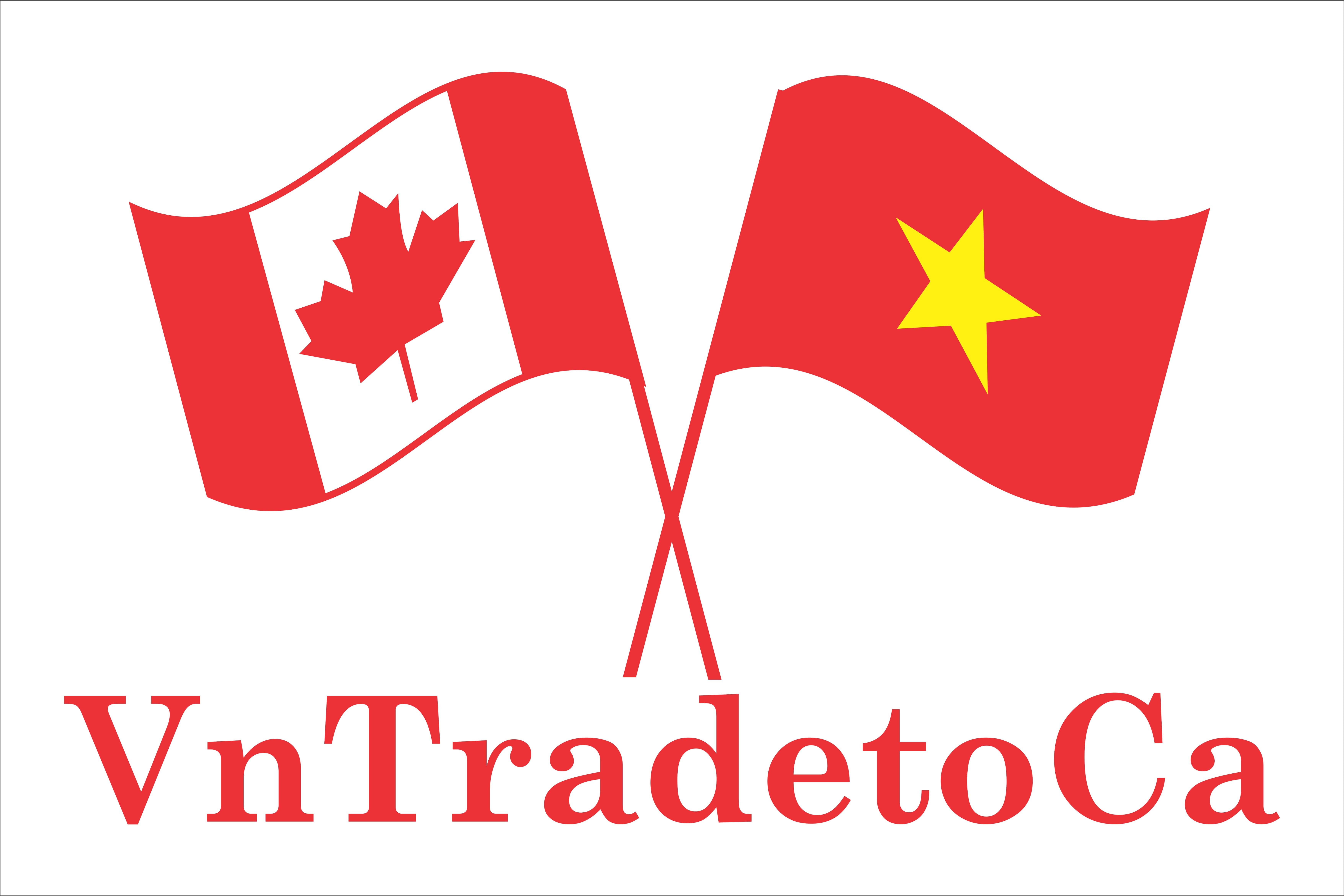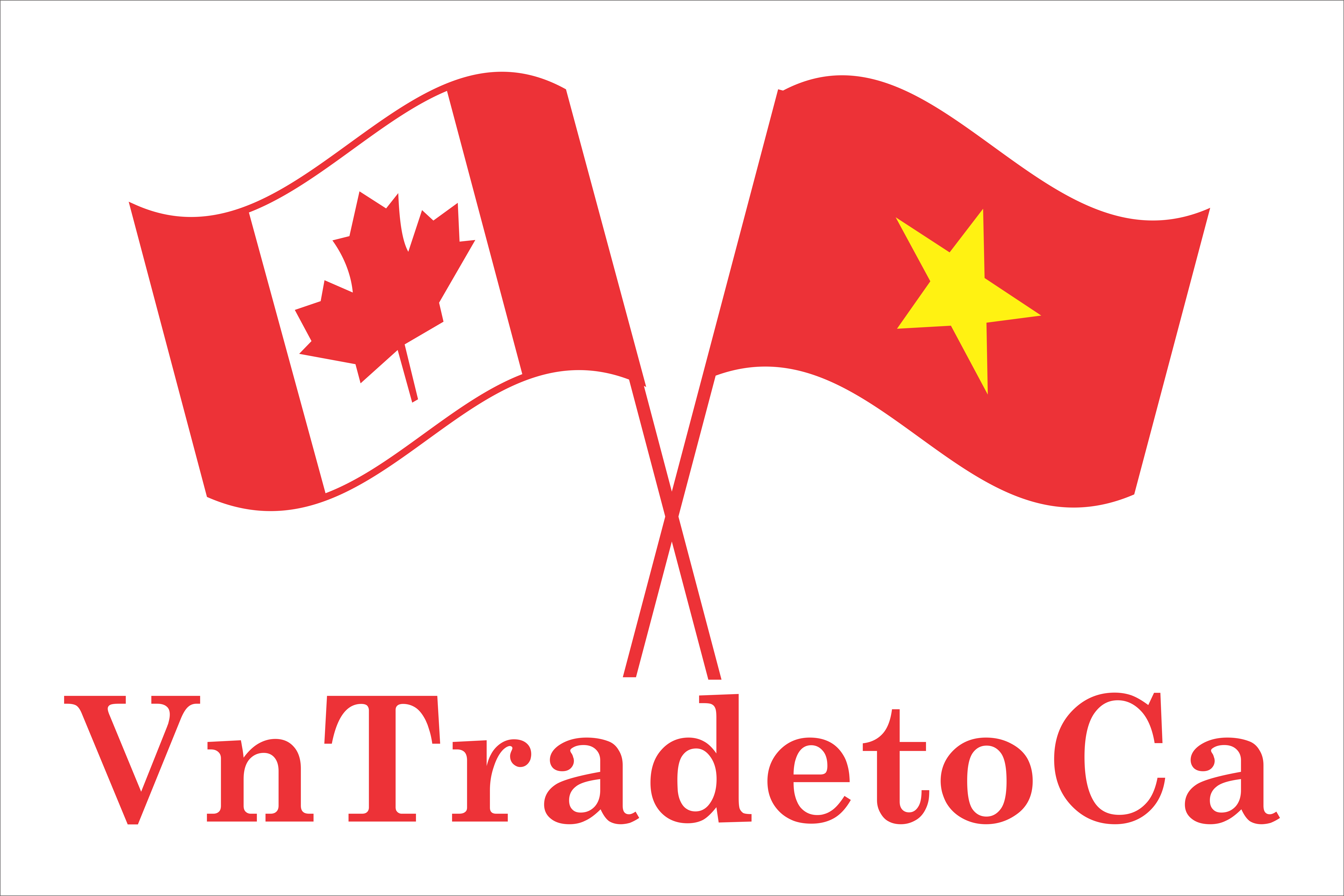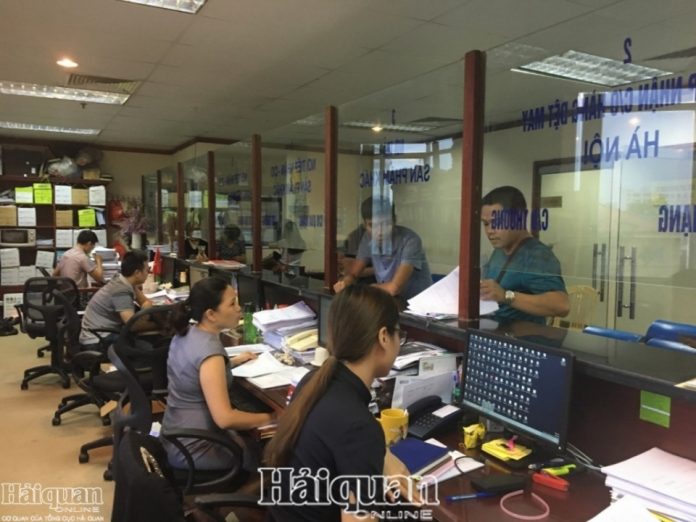To facilitate the import-export activities of enterprises, the General Department of Vietnam Customs has actively solved problems relating to certificates of origin (C/O).
Vinataba – Philip Morris Co., Ltd. remarked that, currently, enterprises have six preferential C/Os that were verified in 2015, but they have not received the verification results from the General Department of Vietnam Customs. Enterprises suggested that, for cases of C/O verification, the General Department of Vietnam Customs could provide the information to enterprises regarding: “The number of diplomatic notes/dispatches sent from the General Department of Vietnam Customs to the country granting the C/O as well as the place of receipt where the note was sent for businesses so that they could be more proactive in verifying the C/O.”
Regarding this issue, the General Department of Vietnam Customs said that, according to the enterprises, there were six preferential C/Os verified in 2015, but the results have not yet been released. However, according to a report by Can Tho Customs Department in Official Dispatch No.765/HQCT-NV dated May 17, 2019, Can Tho Customs proposed verification of five C/Os but there was no result.
On September 6, 2019, the General Department of Vietnam Customs issued official letter VN-06918/D-PL for verification and sent to the competent agency of the Philippines.
Accordingly, the address of receipt sent by the General Department of Vietnam Customs was:
1. Export Coordination Division Assessment And Operation Coordinating Group.
Bureau of Customs Export Coordination Division Office of the Commissioner 14th Street, Port Area, Manila.
2. Assessment And Operation Coordinating Group Bureau of Customs Department of Finance 3/F POM Building Gate 3, South Harbor, Port Area Manila, Philippines 1000.
Some enterprises have questioned the processing time of C/O form E and some other forms that Customs required to send for verification.
Regarding this issue, according to the General Department of Vietnam Customs, in the case there is information on the authenticity of a C/O, the customs authority would conduct C/O verification in accordance with Clause 4, Article 8 of Circular 38/2018 /TT-BTC. The verification would be done by the General Department of Vietnam Customs, based on dossiers and reports by the local Customs Department.
When receiving the verification results from the competent agency granting the C/O, the customs authority would immediately notify the enterprise. The notification of C/O verification depends on the time of receiving the verification results from the competent authority granting the C/O, specifically China’s competent authorities granting C/O form E.
However, according to Clause 6, Article 19 of Circular 38/2018/TT-BTC, the verification process should be carried out within 180 days from the day when the General Department of Vietnam Customs sends a document for verification.
For cases where C/O sent for verification exceeded the limit, the local customs authority would report to the General Department of Vietnam Customs and notify the enterprise immediately after receiving guidance from the General Department of Vietnam Customs.
Some businesses also said that the ASEAN Trade in Goods Agreement stipulating C/O form D would takes effect within 12 months from the date of issue and must be submitted to the customs authorities of the importing member countries within that time limit. However, according to the regulations of Vietnam Customs, enterprises can only send C/O form D within 30 days from the date of implementing customs declaration. Enterprises asked why there was a difference in the deadline for submission of C/O?
Regarding the question from enterprises, according to the General Department of Vietnam Customs, in Clause 1, Article 14, Annex VII, Circular 22/2016/TT-BCT dated October 3, 2016 of the Ministry of Industry and Trade stipulating the validity period of C/O; Article 7 of Circular 38/2018/TT-BTC dated 20 April, 2018, of the Ministry of Finance stipulating the time to submit C/O to enjoy preferential tariffs.
According to the General Department of Vietnam Customs, these were two different concepts, whereby customs declarants who want to enjoy special preferential tax rates must submit to Customs offices a valid certificate of origin (C/O) (validity period of 12 months) at the time of implementing customs procedure as prescribed in Clause 1, Article 7 of Circular 38/2018/TT-BTC (within 30 days).
Some enterprises suggested that customs authorities should update and unify HS codes between the agreement and preferential tariffs. Customs authorities should be flexible in handling this problem.
Regarding this issue, the General Department of Vietnam Customs said that, pursuant to Article 5 of the Customs Law 2014 stipulating the application of international treaties and international practices relating to customs; pursuant to Article 4 of Decree 31/2018/ND-CP of the Government; pursuant to Clause 2, Appendix 2, issued together with Decision No.44/2008/QD-BCT dated December 8, 2008, of the Ministry of Industry and Trade promulgating the regulation on granting certificates of goods origin form AJ in order to enjoy preferential tariffs according to the ASEAN-Japan Comprehensive Economic Partnership Agreement, this Annex was based on the Harmonized System amended on 1 January, 2002.
The General Department of Vietnam Customs said that, according to those regulations, Decision No.44/2008/QĐ-BCT was still valid. It means that the declaration of HS codes in C/O form AJ (with the HS code of 2007, 2012) of the importing country (as presented by the enterprise) still complied with regulations. Therefore, the case of HS code on C/O form AJ under the harmonized system in 2007 and 2012 was different from the HS code as present on the declaration, it may be considered as small difference so it would not affect the validity of C/O if the difference of HS code on the C/O with the code on the import goods declaration did not change the nature of goods origin and the actual imported goods must conform to the description of the goods as described on C/O prescribed at Point h, Clause 6, Article 15 of Circular 38/2018/TT-BTC by the Ministry of Finance.
The enterprises said the verification of preferential C/O took too long.
The General Department of Vietnam Customs said that C/O verification should comply with the provisions of the agreements. However, in practice, some member countries have a delay in responding to the request for verification. The General Department of Vietnam Customs would take measures, such as urging the response or refusal of C/O due to the time limit for verification as prescribed.
By Đ.L/Thanh Thuy







